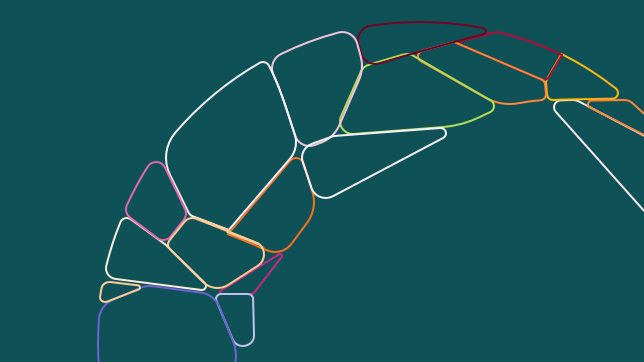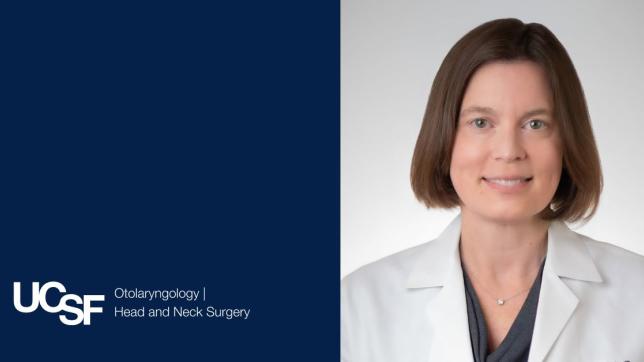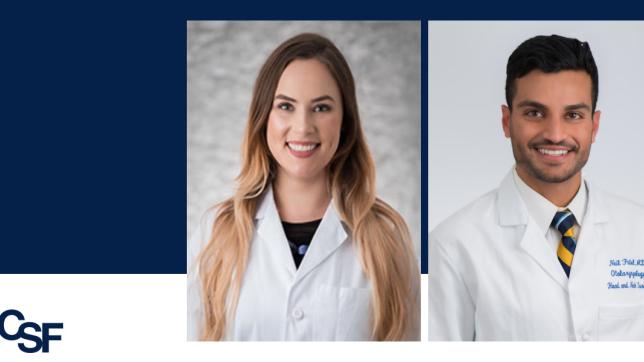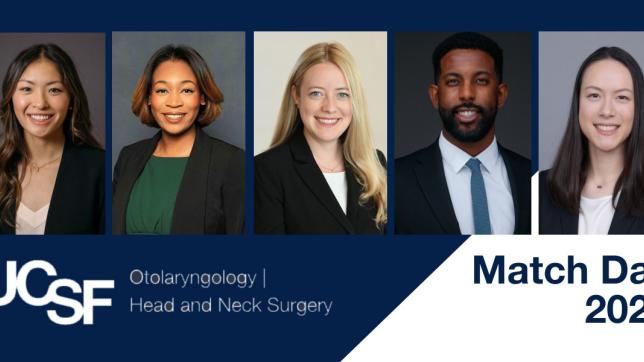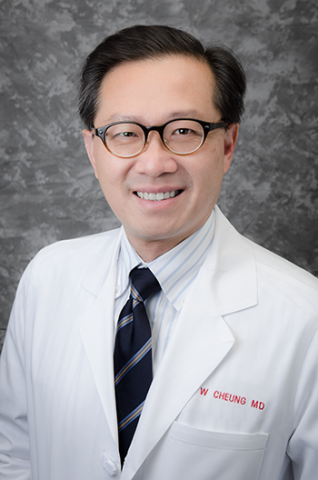
Tinnitus, which is the perception of sound in the absence of an external stimulus, affects nearly 50 million Americans. Patients can hear a buzzing or ringing, which can be constant or come-and-go. Tinnitus can be associated with other conditions, one most commonly being hearing loss. Although there is currently no cure for tinnitus, this symptom can be often successfully managed to minimize its intrusiveness and improve quality of life, and research is being done to improve treatment of tinnitus. Here at the University of California San Francisco Department of Otolaryngology – Head and Neck Surgery (UCSF OHNS), some of Steven Cheung, MD's research interests are hearing loss, tinnitus and other sensory phantoms.
Dr. Cheung was a co-principal investigator on an open-label, nonrandomized clinical trial to evaluate the efficacy and safety of bilateral caudate nucleus deep brain stimulation (DBS) for treatment-resistant tinnitus. The team led by Dr. Cheung and Paul Larson, MD, professor of neurological surgery at the UCSF Weill Institute for Neurosciences, successfully worked on the concept of caudate DBS for treatment-resistant tinnitus. This Phase 1 trial was completed in 2019 and results were published in the Journal of Neurosurgery, the official journal of the American Association of Neurological Surgeons.
Dr. Cheung, Dr. Larson and the team continue to collaborate to study the use of DBS in the caudate nucleus in patients with severe, medically refractory tinnitus. Most recently, they examined whether significant tinnitus treatment response by DBS of the caudate nucleus may be related to striatal network increased functional connectivity with tinnitus networks that involve the auditory cortex or ventral cerebellum.
"We are working on an emerging precision medicine method to target brain structures that would deliver uniform, superior benefits for patients with tinnitus," says Dr. Cheung. Their most recent paper was published in Human Brain Mapping.
In addition to working closely with Dr. Larson, Dr. Cheung is a co-PI of the "Neuroimaging-Based Tinnitus Diagnostic Study" with Srikantan Nagarajan, PhD, a professor at both UCSF OHNS and the Department of Radiology and Biomedical Imaging. Their mission is to use imaging techniques to advance their knowledge and diagnosis of tinnitus.
Additional collaborators on this work include Jennifer Henderson Sabes, senior audiologist and Danielle Mizuiri, clinical research coordinator (UCSF OHNS); Leighton Hinkley, PhD and Christopher Hess, MD, PhD (UCSF Radiology); Thomas Neylan, MD and Carly Demopoulos, PhD (UCSF Psychiatry), and Meredith Adams, MD, MS (University of Minnesota OHNS).

